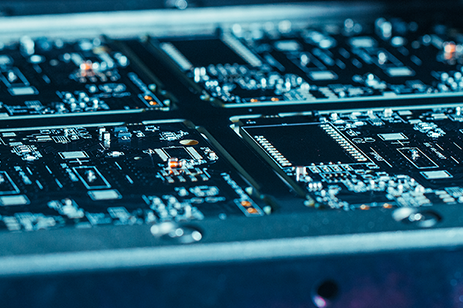
Despite newer generations of FPGAs being lower power per gate, a typical metric, newer designs can end up being hotter.
Initially, that may not make sense.
Some designs migrate to newer technology to take advantage of the power savings, higher speed and longevity that newer parts have to offer. However, most new designs want that extra functionality and higher level of integration not previously possible. In engineering there is also the inevitable fact that some development will end up using most of whatever resource is available.
So what does this mean for you?
Despite using newer more efficient FPGAs, they typically end up being just as hot as previous generations – likely hotter.
For example, a new generation FPGA XMC or VPX card with a mid to large generation FPGA fitted could be hotter than an old generation equivalent. There are many subtle reasons for this. Higher levels of integration may mean fewer cards for SWaP savings or far more functionality in a given volume, but that could also mean trade-offs.
High-end designs constantly pushing the performance envelop means needing to pay even more attention to cooling because of increased heat density. For rugged, high temperature applications, this means more careful design, much more testing and the need to start adopting cooling technique that have previously been considered exotic such as Air Flow Through (AFT). This isn’t to say high-end conduction-cooled technology is no longer efficient, but different applications can take advantage of different technologies to better suit their specific needs.
It also means the multi-product vendors have an increased benefit since systems need a wider infrastructure. It allows them to ensure all of these high power components can interoperate properly – from highly integrated board level design to hybrid DSP, GPGPU, SBC, fast transceiver and FPGA based designs. If high power, high performance is not designed in from the start, the challenges and risks are numerous. See our VPX3-530 3U VPX Virtex-7 FPGA ADC/DAC here